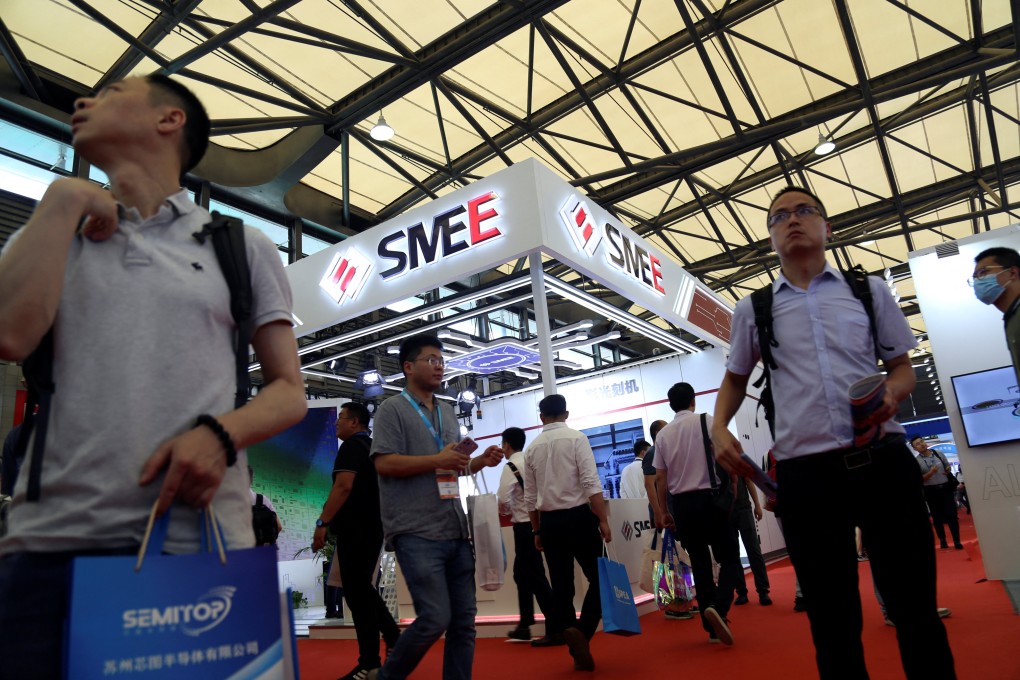Shanghai names Genshin Impact creator miHoYo and US-sanctioned AI firm SenseTime among city’s 40 tech champions
- Shanghai Micro Electronics Equipment, along with Jaka Robotics, Xiaodu Technology and Bilibili are also on the list
- The city’s move indicates that local governments are still keen to use central government incentives to grow particular industries

The municipal government of Shanghai, which is trying to model the city into China’s pre-eminent tech hub, has named 40 businesses in its first batch of tech champions, including US-sanctioned artificial intelligence (AI) firm SenseTime and video gaming studio miHoYo.
US-sanctioned Shanghai Micro Electronics Equipment (SMEE), China’s best hope of producing advanced semiconductor machine tools, along with Jaka Robotics, Xiaodu Technology and Bilibili are also on the list, which means they are eligible for a wide array of incentives from rent refunds to research subsidies.
The 40 nominated “innovation companies headquartered in Shanghai” come from four sectors, namely semiconductors, biotech, AI and the digital economy – all areas that Shanghai is trying to develop. Gong Zheng, Shanghai’s mayor, awarded certificates to the named companies in a ceremony on Tuesday, according to local media outlet The Paper.
The city’s move indicates that local governments are still keen to use central government incentives to grow particular industries favoured by Beijing. Projects involving semiconductors – a strategic tech sector that Beijing has targeted for greater self-sufficiency – have various subsidies and support.
However, it remains an open question whether hand-picked tech champions can live up to expectations. SMEE has yet to deliver China’s first home-grown 28-nanometre lithography machine despite decades of support. Its 90-nm grade product is well behind those from ASML Holdings, the Dutch lithography equipment maker that can make machines for chips below 7-nm.
Hong Kong-listed SenseTime, once seen as Asia’s leading AI company, is also struggling to turn a profit. Its stock in Hong Kong has lost two thirds of its value since an IPO at the end of 2021.